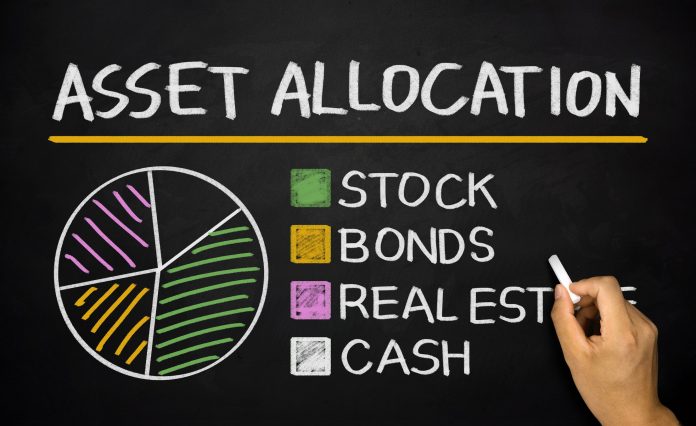Tapiwanashe Mangwiro
Investment advisors, portfolio strategists, and Nobel laureates in economics have spent enormous amounts of time figuring out the best strategies to reduce investment risk. They’ve all concluded that the best way to do this is by diversifying holdings into different asset classes, like stocks, bonds, gold, hedge funds and other strategies meant to smooth out returns.
Ask any investment advisor on why you need to diversify your portfolio? Is it to improve your investment returns? No, but the right answer they will give you is that it is in order to reduce risk. اول فريق لعب فيه رونالدو The truth of the matter is that even if one diversifies their portfolio against risk, it will not leave them immune to risk.
What diversification does is reduce volatility. Diversification does indeed smooth out investment returns, but that’s a psychological decision, not an investment decision. As a result, asset allocation diversification does not help investment performance, it hurts it.
For both professional investors and amateurs, the single biggest fear is being caught in a major stock market decline of 35% or more, which is why portfolio managers and advisers diversify into bonds and other assets to reduce the volatility of the portfolio.
Based on an analysis by Lotza Investment Advisors, diversification hurts one’s long term investment performance. The company tested a hypothesis on how the portfolio diversification method might work against returns.
For instance if one is to diversify out of fear of a market crash of 35% or more, how often do these occur? Surprisingly, they have occurred only three times in the last 100 years in the US.
Part of the report read, “is it smart to tailor a portfolio to protect against an event this rare? Some will be quick to point out that since the timing of these major declines is unknown, what happens if they occur close to one another? A fair point since two of the three major meltdowns of the century occurred less than 10 years apart, 2000-2001 and 2008-2009. The third was much earlier, in 1973-1974, so plenty of time to recover from that one if you stayed invested.”
“So, history suggests that the single best way to make a great deal of money is to invest in the stock market for the long term. We’ve all heard that said for decades but even if I can demonstrate convincingly that for an investor under 40 years old a portfolio invested 100% in the S&P 500 index will serve very well, no one believes it and no one follows that advice,” read the report,
At the end of the day one would like to know what a good investment advisor looks like and literature defines them in different ways.
Good investment advisors all tend to use similar formulas to diversify portfolios, an exercise aimed solely at reducing the extremes in investment performance. As such, the role of the investment advisor is much more akin to that of a psychological or spiritual advisor than an investment expert, which they usually are anyway.
The best investment advisors are not those with the best performance. الطاولة المحبوسة Indeed, to get high returns you must assume high risks, which is not in the clients’ best interests. Successful advisors are those who can convince their clients to stay invested through feast or famine, reducing the risk that the client will divest holdings entirely out of sheer fear of the market.
The takeaway is that the single best investment strategy to make a fortune is to overcome the emotional side of investing. الكوبه اون لاين Buy a ZSE stock, add to it periodically, and don’t look at it for several decades. If you can do that, a long history of stock market performance says that your success is assured.


















